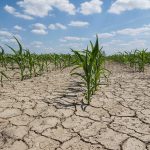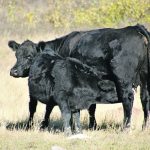Cow herd likely to shrink further following several years of dry conditions, particularly in province’s southwestern region
SWIFT CURRENT, Sask. — Drought will take its toll on the Saskatchewan cow herd again this fall, said Saskatchewan Cattlemen’s Association vice-chair Keith Day. Speaking after the fall district meeting in his region and before some much-needed moisture a few days later, Day said the situation is worse than the 1980s after several years of […] Read moreTag Archives Drytimes
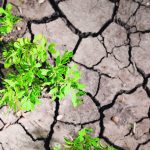
Research shows flash droughts happening faster
Rapid onset droughts, which dry out soil within five days, have increased from three to 19 percent around the world
Recent research from the University of Texas at Austin, the Hong Kong Polytechnic University and Texas Tech University has shown that flash droughts are as threatening as flash floods and are developing much more quickly than traditional droughts. Rapid onset droughts — those that dry out soils within five days — have increased from three […] Read more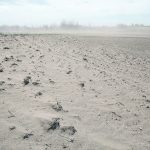
American, Canadian beef producer concerns similar
North American demand for meat remains strong, COOL not coming back, drought and herd reductions shared
ASSINIBOIA, Sask. — A recent presentation from the National Cattlemen’s Beef Association to the Saskatchewan Stock Growers Association sounded familiar to western Canadian ears. “Right now, it’s all about drought,” NCBA chief executive officer Colin Woodall said. “Unfortunately, it looks like it’s going to be all about drought for some time to come.” He said […] Read more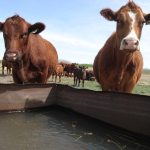
Drought not included in census herd hike
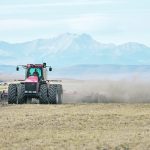
Southern Alta. farmers fret as dryness persists
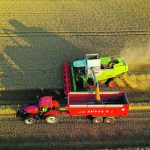
Dry weather could cause damage to French crops
France has received 30 percent less than the average precipitation this year, which could cause irreversible damage
PARIS, France (Reuters) — Dry, hot weather in France in the coming 10 days after several months of little rainfall will cause irreversible damage to grain crops in the European Union’s largest grains producer, a technical institute said May 5, adding to worries about tight global supplies. European wheat markets have rallied in recent days […] Read more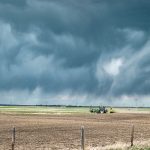
Alta., Sask. rainfall relief doubtful until June
Latest forecast doesn’t hold out much hope in May for adequate rainfall in the dry areas of Saskatchewan and Alberta
Western Canadian farmers will have to wait until June to get relief in the problem areas of the Prairies, says a weather forecaster. It looks like more of the same in May, said Drew Lerner, president of World Weather Inc. Farmers in the drought-stricken areas of western Saskatchewan and eastern and southern Alberta should not […] Read more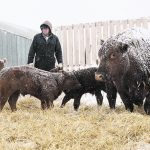
Manitoba farmers upbeat after spring storm
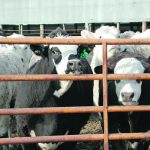
Early weaning an option during drought
Cows and calves can both benefit from the practice in a year when feed sources are limited due to poor growing conditions
Early weaning can be a viable option when pasture and feed supplies are low due to drought, academics and specialists say. Dr. Bart Lardner and Dr. Greg Penner, both with the University of Saskatchewan, say early weaning can reduce cows’ nutrient requirements. If calves can transition through weaning with little stress and effect on appetite, […] Read more